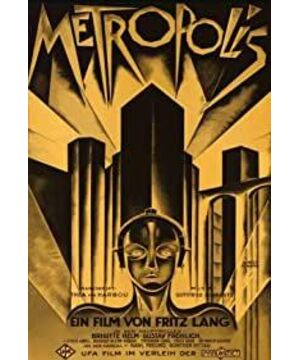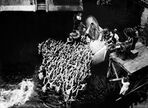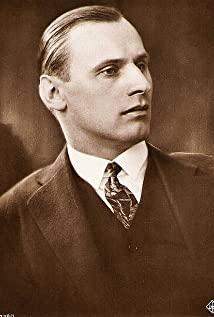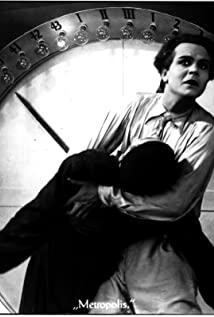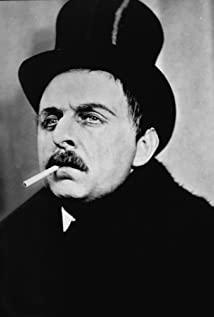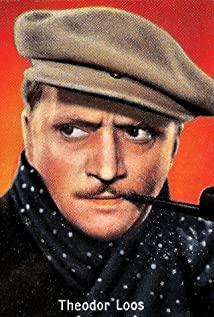The set (expressionist) props, costumes and makeup are amazing. The story itself and the actors' performances make modern people look a little embarrassed, but does it reflect the aesthetics and pursuits of that era? The editing is messy and repetitive. It is a relatively immature and bright pioneer work. The screenwriter is the director's wife, who likes European romantic mythology (the robot's name Reaper), "Modern Times" satirizes the "Fifth Element" set, "Blade Runner" robot
Backstage Story (Love)
son and maria
Dad Scientist's Love Line with Hel
So the story seems to have a lot of heads
Scenes:
1 cityscape
2 The capitalist's office
3 The scientist's laboratory
4 factory
no emotion
humans are drawfed by the building
German artist's imagination of future industrialization (love seems weird)
clothing:
1 Maria. The Virgin personality. As soon as the first impression appeared (not like a lover, but a pure spiritual leader), the light appeared soft and clean, and the image of the Virgin Mary
2. Hel. Make up demonization of makeup. (Why not a revolutionary female cadre) Reflects the director's view that calling for revolution is a bad thing. The future coordination method is the ending (the relationship between the head and the heart)
White peacock: useless, except to look good (symbolizing wealthy family)
Forcibly create a contrast (Why did Maria bring a group of children to the garden)
3. Lights and performances create demonic characters
Scientists appear dehumanized
Boss and subordinate get along coldly
Screenwriter: Thea von Harbou
thematically
Sentimental naivety at the end
America's Gilded Age in the 1920s, Ford Motors Just Beginning to Enter the Production Line
European directors are naive to realize the crisis (however, the solution is a religious heart)
Gender perspective: fear of women and the loss of control over technology
View more about Metropolis reviews


